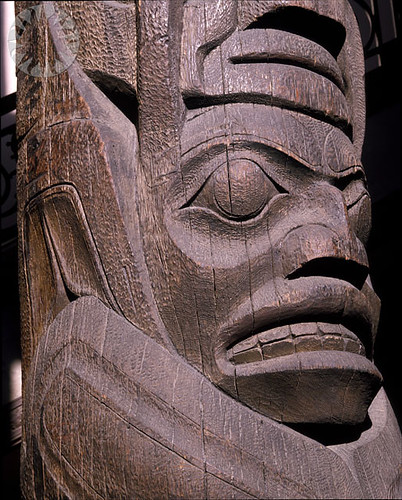
Most of the time I can't get on my own blog! Here are some good links/arguments/reads, hope they publish:
Bushco has been using ships to hide prisoners and break human rights laws. Maybe Bush can title his autobiography "Outsourcing Torture for Democracy". And he won't even get the contradiction in terms.
Who killed the salmon? Republicans killed the salmon.
John McCain's endorsed/renounced pastor from H E Double Hockey Sticks inspired this headline: Pastor Hagee: The Antichrist Is Gay, "Partially Jewish, As Was Adolph Hitler" (Paging Joe Lieberman!) There's a lot of hating rolled into that one headline.
Vanity Fair publishes a concern troll piece by Dee Dee Myers' husband Todd Purdum, questioning what Bill Clinton has been doing when out of office. (I'm not going to link it, it's on Vanity Fair's site.) If the corporate media EVER does a story about George H.W. Bush, The Carlyle Group and the dictators and thugs he has cozied up to, I'll eat my hat.
Coming Attractions: Booman Tribune tells us that one of the rabid-to-point-of-lunacy Clinton blogs is promoting a video that will bring down the Obama campaign; apparently it's all based on the difference between questions asking "Why'd he"" and claiming that those questions ask, "Whitey?" This will be on Fox/Faux News, Drudge, Politico and rest of the corporate media presently.
From the WaPo, President Head Cheerleader, according to General Ricardo Sanchez, gave this confused pep talk after the death of four contractors in Fallujah in 2004:
"Kick ass!" he quotes the president as saying. "If somebody tries to stop the march to democracy, we will seek them out and kill them! We must be tougher than hell! This Vietnam stuff, this is not even close. It is a mind-set. We can't send that message. It's an excuse to prepare us for withdrawal."He may as well have added, "I am stupid", but I'm sure the listeners got that point as well.
"There is a series of moments and this is one of them. Our will is being tested, but we are resolute. We have a better way. Stay strong! Stay the course! Kill them! Be confident! Prevail! We are going to wipe them out! We are not blinking!"
Steve Gilliard died a year ago today. Jill at Brilliant at Breakfast offers a tribute, and collects links from other bloggers remembering Steve. The News Blog was the first blog I read every day, and I miss Steve's powerful voice.








